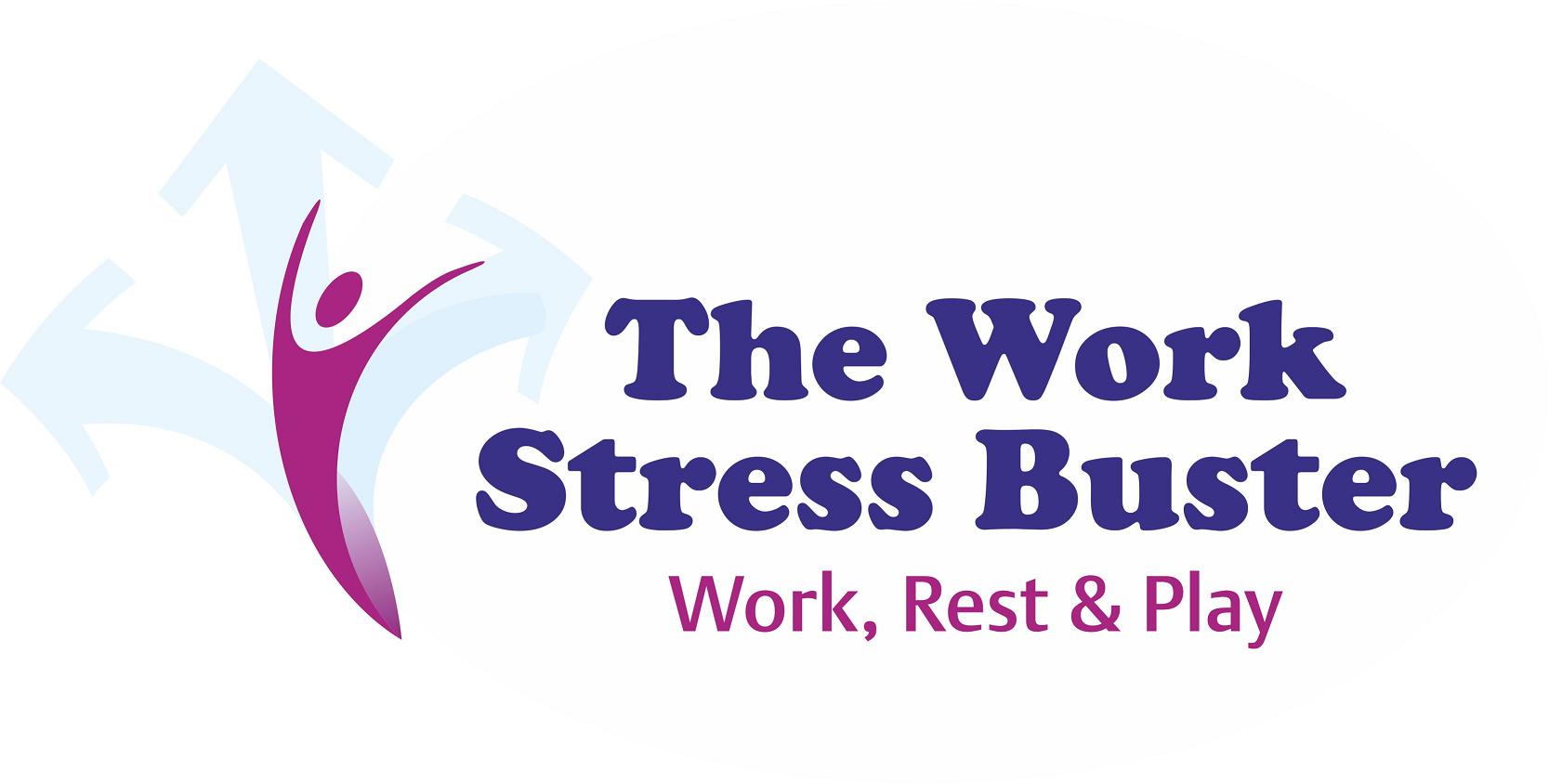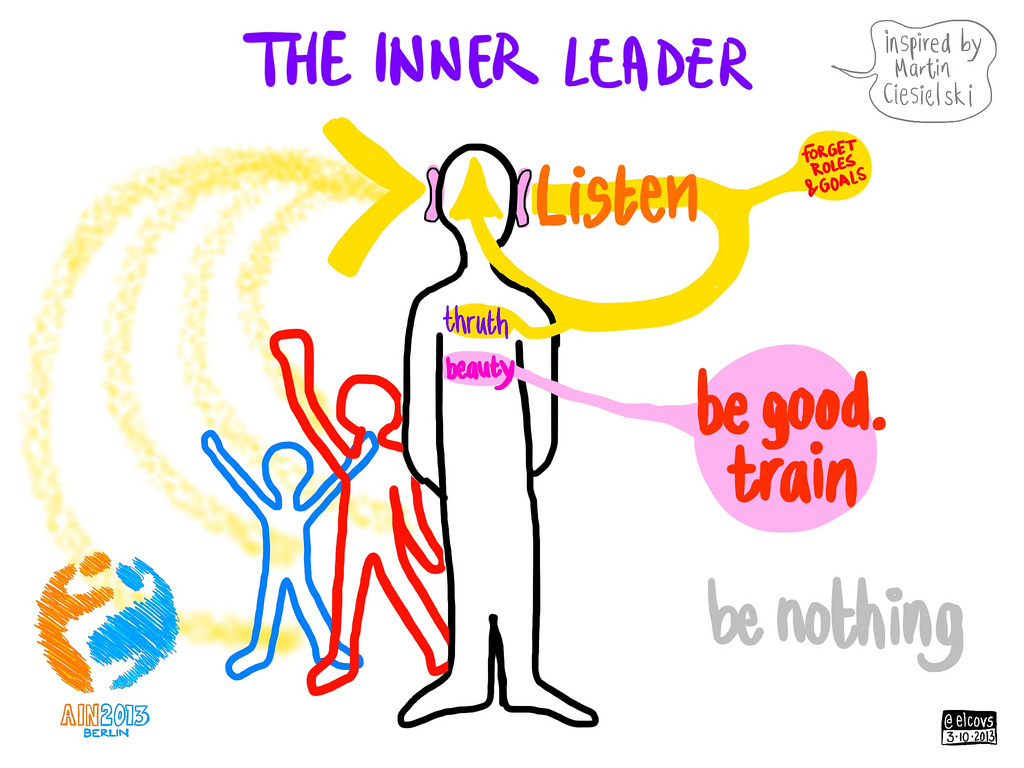Self-Leadership – What is it?
I run a business that is built on the principles of self-leadership and indeed this is reflective of the trainings I design. So why Self- leadership as opposed to leadership?
Well…it occurred to me that among many institutions, there is ample recognition of leadership training and the value of this, but little recognition of the foundations of this: self-leadership. Without self -leadership skills, there can be no effective leadership of others.
‘He who reigns within himself and rules passions, desires and fears is more than a king’.
John Milton
I know of very few other training establishments that focus on self-leadership skills, however the topic of self-leadership is increasingly recognised. You can read this article which similarly discusses ‘What is Self-Leadership?‘ by Dr John Ng. In it he explores why self leadership is important and considers these factors amongst others: preventing derailment, ensuring long-term success and leaving a legacy. It is well worth a read.
I define Self-Leadership as life long self-development, founded on self-respect and self awareness. A respect for self and an awareness of ones own weaknesses and strengths drives the commitment for self improvement. This then leads to a better leader of others and one whom will be respectful and supportive of their self development also.
‘A healthy society is a union of self-respecting individuals’
Nathaniel Branden
Demonstrating self-leadership in one’s life and work can be challenging. Most virtuous traits are challenging and require courage and commitment. To experience a leader who demonstrates these skills is highly inspiring. However in my experience, such leaders are few and far between. This is why many of us have experienced leaders who do not practice what they preach and as such make for poor leaders and managers – and as such they negatively impact the working lives of their colleagues.
The same can be said for the home environment. A great leader – parent, carer or influential person can make either a positive or negative difference in the lives of vulnerable children. You can read more about these concepts in this blog: ‘In it together’.
Seven signs of effective Self-Leadership skills:
- Autonomous – yet can be intimate and connected to others.
- Lives life purposefully- learning from the feedback received and adjusts behaviour accordingly.
- Demonstrates self-discipline
- Uses Initiative
- Demonstrates assertiveness- able to stand up for themselves
- Demonstrates Integrity – and their behaviour is congruent with their values
- Demonstrates self-responsibility – takes responsibility for attainment of own desires
To learn more about this and how you can further develop your own skills in this area, you can consider booking to attend the ‘Self-Leadership First’ training. See testimonials from previous attendees.
photo credit: <a href=”http://www.flickr.com/photos/103454225@N06/10203862655″>The inner leader – Martin Ciesielski (AIN13)</a> via <a href=”http://photopin.com”>photopin</a> <a href=”https://creativecommons.org/licenses/by-sa/2.0/”>(license)</a>

